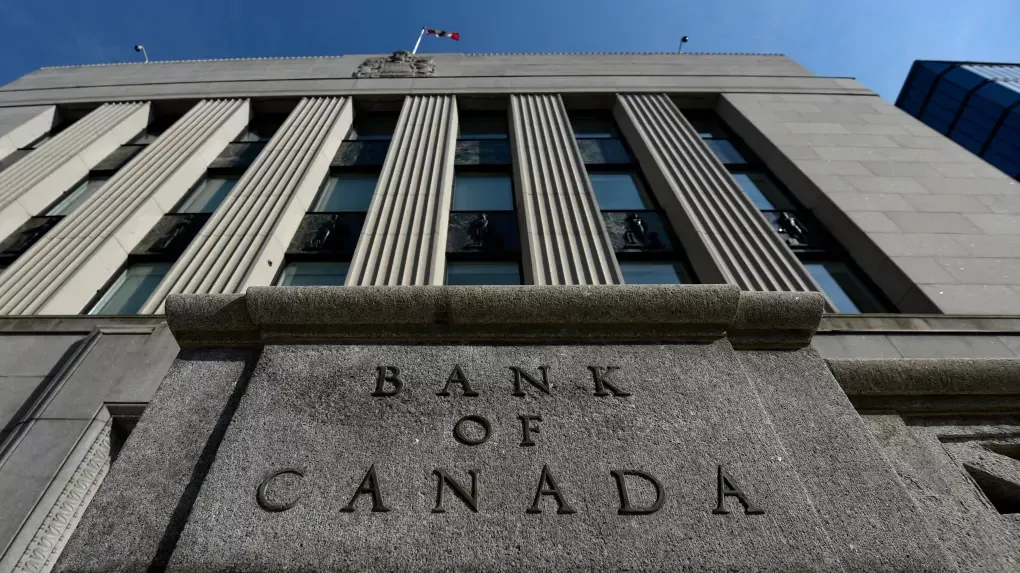Bank of Canada cuts key interest rate to 4.5%: Impact on the Real Estate Market
Bank of Canada Cuts Rates: What This Means for Your Real Estate Investments

On July 24, 2024, the Bank of Canada made a noteworthy move by reducing its policy interest rate by 25 basis points to 4½%. This adjustment, part of the Bank's ongoing balance sheet normalization, also sets the Bank Rate at 4¾% and the deposit rate at 4½%.
This recent rate cut is likely to influence the real estate market in several ways. Globally, economic expansion is projected to continue at a rate of about 3% annually through 2026, and while inflation remains above targets in many advanced economies, it is expected to ease over time. In the United States, economic activity is slowing with moderated consumer spending and a downward trend in inflation. The euro area is seeing a rebound, and China's economy is growing modestly, driven by strong exports despite weak domestic demand.
In Canada, economic growth for the first half of 2024 has been around 1½%, but it is being overshadowed by a population growth of about 3%, leading to increased excess supply. Consumer spending and housing activity have been relatively weak, with the labour market showing signs of strain, including a rise in the unemployment rate to 6.4%.
For the real estate market, the Bank's decision to lower interest rates could have several impacts:
- Borrowing Costs: Reduced rates may lower mortgage costs, making homeownership more affordable and potentially boosting housing demand.
- Housing Market Activity: Lower interest rates could stimulate both buyer and seller activity, as reduced borrowing costs might encourage more transactions.
- Investment: The real estate sector may see increased investment, particularly in residential properties, as lower rates make financing more attractive.
The Bank of Canada's forecast for GDP growth is optimistic, predicting 1.2% for 2024, 2.1% for 2025, and 2.4% for 2026. This growth, supported by stronger exports and increased investment, may further impact the real estate market positively.
With inflationary pressures showing signs of easing and expectations for CPI inflation to settle around the 2% target next year, the real estate market could benefit from a more stable economic environment and lower borrowing costs.
As the Bank continues to monitor economic conditions and adjust its policies accordingly, real estate professionals and potential buyers should stay informed about these changes and how they may affect market dynamics.
Source: Bank of Canada
Share This Article










